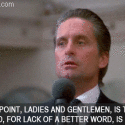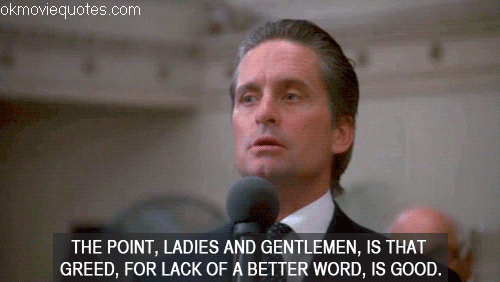In June of 2010, something really extraordinary happened in the world of Philanthropy. Bill Gates and Warren Buffet began recruiting for what is known as “The Giving Pledge.”
As many of you know, the giving pledge is a promise made by the wealthiest individuals in the world, mostly billionaires, to give away the majority of their wealth to charity during their lifetime or after, in their will.
As of August of that year, the aggregate wealth of the first 40 pledgers was $125 billion.
And, according to their website, there are now 138 pledgers, the latest of which is Mark Zuckerberg, who has committed to give away an astounding 99% of his wealth. At the time of his pledge, this amounted to $45 billion and because of the recent increase in the price of Facebook stock, it’s an even greater amount today.
This is amazing, but perhaps not surprising. The technology industry is the largest donor industry to charity, contributing $9.8 billion or an astounding 47% of the total donated in 2014, far more than the financial services sector.
This movement highlights a change to the traditional philanthropy model.
First, people are thinking about their philanthropic legacy sooner and wanting make an impact during their lifetime as opposed to only after their death. Second, as evidenced by the giving pledge, capital is being aggregated in an effort to create critical mass and tackle medical, social and environmental problems previously though of as too big or too overwhelming.
Now sadly, few of us will make it on to Bill and Warren’s billionaire recruitment list. But that’s ok, because there are a number of other ways to contribute to the greater good.
Over the last few years we’ve seen “purpose driven” companies like Tom’s Shoes and Warby Parker establish giving as a key identity attribute of their brand.
In Tom’s case, giving a pair of shoes, and, in Warby’s case, a pair of eyeglasses, to someone in need in a developing country, for every pair sold.
In 2015, we saw the emergence of internal facing efforts like that of Gravity Payments who decided to mitigate salary disparities by raising the lowest salary in the company to $70k, and by the founder of Boxed, who donated a double-digit percentage of his founder’s equity to fund college tuition for the children of his employees.
The term that best describes this way of thinking or operating a business, coined by Whole Foods CEO John Mackey, is Conscious Capitalism.
This describes businesses that serve the interests of not just stockholders, but all major stakeholders: customers, employees, suppliers, communities, the environment, and even humankind.
He wrote a book about it called Conscious Capitalism. It’s inspiring. You should read it.
And rest assured that companies can do well by doing good.
According to Nielsen’s Global Survey on Corporate Social Responsibility, 43% of global consumers said they are willing to spend more for a product or service that supports a cause.
And it can serve them well in other areas. According to the Case Foundation, 86% of millennial workers choose employers with strong corporate social responsibility programs, and 88% would consider leaving if corporate values no longer met their expectations.
I was fortunate to lead a panel discussion on this topic this past weekend at the VCs on Skis event at the Killington Grand Lodge in Killington VT, hosted by Reitler Kailas & Rosenblatt. The panelists were: Jeffrey Cherry of Conscious Venture Labs, Dave Kirkpatrick of SJF Ventures, Miki Agrawal of Thinx, Matthew Colbert of Spend Consciously, and Karan Gandhi of Boxed.com.
We learned about each panelist’s practice of conscious capitalism, the motivating personal stories that served as inspiration, the effect on the constituents they serve, and the threats that this philosophy faces as their business scales. I learned from my panelists, that Conscious Capitalism is in fact a philosophy and not just a program.
Our panelists not only shared their experiences, but also have demonstrated through the continuing success of their businesses that you in fact can do well by doing good, Jeff Cherry believes that that’s even the wrong sentiment for where we are as a society. “The realization is”, he said, “if you’re not doing good, you’re going to be much less likely to do well”.
I thought back to that famous quote from actor Michael Douglas as Gordon Gekko from the 1988 movie Wall Street.
He said: “The point, ladies and gentlemen, is that greed, for lack of a better word, is good”.
Well, it was evident to me, at least in the technology sector that we’ve evolved from Gordon’s world of greed and recognize that sustainable success in businesses needs to be driven by a purpose higher than maximizing profit, a purpose that also ensures participation by all stakeholders as opposed to benefiting just a few and leaving others behind as nothing more than collateral damage.


